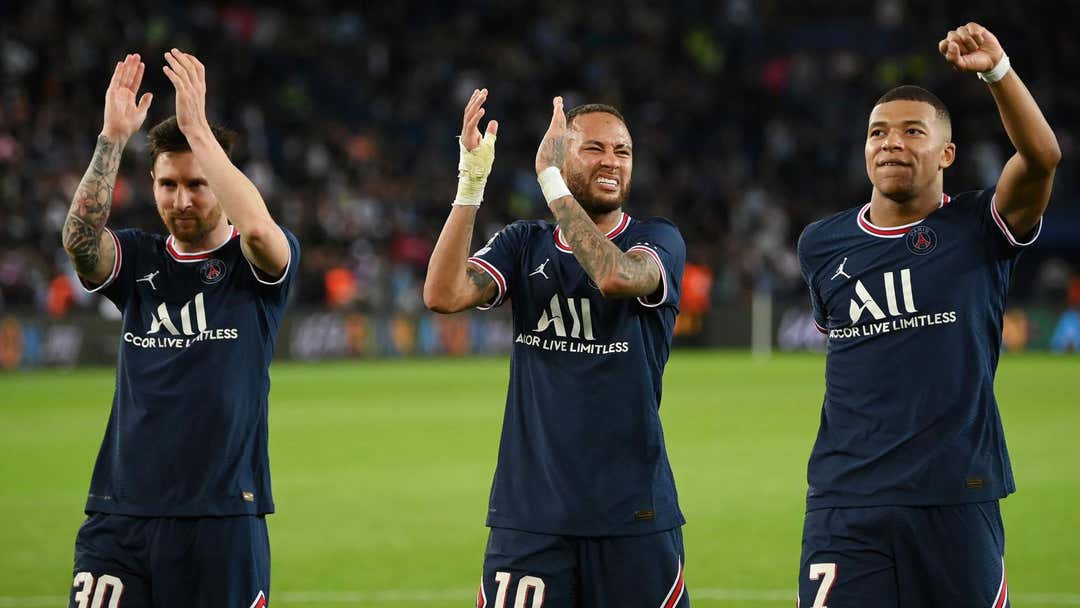
Professional athletes naturally aim to play their respective sports at the highest level. Ordinarily, that comes with club play, but association football also includes international competition. In other sports, international participation can be optional, but in football, it is as competitive as club play and arguably more significant to fans across the globe. So, what are the main differences between club and international football?
Club Construction
Club football often comes with a significant talent gap. Hefty favourites in soccer are not new to the sport, and we see talent disparities in international play as well. However, there is no free agency on international football teams, one of the significant differences with club football.
Instead, players compete with their nation of origin, chosen by the head coach, creating a unique level of competition. For countries like the United States, playing for a major club in the Premier League or La Liga almost guarantees a spot on the national team. But for countries like the United Kingdom, an elite Premier League goal scorer like Ivan Toney can find himself off the nationbghal team, along with dozens of worthy club players.
With club play, players can play wherever they like. For example, Harry Kane — a member of the English national team — doesn’t play club football domestically. Kane plays in the Bundesliga — Germany’s top football league — leading to another significant difference.
Competition
In club football, players have more freedom to play for the club they want, allowing top talent to join forces and creating some of the best teams in the world in a way that international teams struggle to replicate. In fact, for as long as club play and international play have existed, the question has always been whether international teams could compete with club teams. There are exceptions, including the late-2000s Spanish national team and the 1970 World Cup-winning Brazil squad.
Not all sports struggle with this sort of talent discrepancy at the international level. The United States, for instance, has historically dominated basketball. The Dream Team of the 1990s is an example of a team that could only exist on an international team. It would have been impossible for one National Basketball Association team to acquire all that talent. However, only with club football teams is it possible for players like Mbappe, Neymar, and Messi to play for the same team. Generally speaking, it is easier for club football teams to acquire talent due to another difference.
Finances
Club teams, as in every other major sport, can only be as successful as the budget allows. It is possible to win on a smaller budget, just like it is possible for less talented countries to succeed on the international stage. However, a significant difference between international competition and club play is a club’s ability to use money to improve their team.
With Mbappe, Neymar, and Messi on the books, Paris Saint-Germain (PSG) finished 1st in Ligue 1 — but at a steep price. PSG’s payroll for 2022-23 was north of $395 million. They spent $321 million more than the next closest team, Marseille. Mbappe alone made more money at $78 million than the $74 million Marseille spent on its entire roster.

Winning is more costly in club play than it is in international competition. For reference, Mbappe made about $2.3 million per match in 2022-23. Players make around $10,000 per match in the World Cup, and each Argentinian player on the latest World Cup-winning team made just over $525,000 in bonus prize money. Unlike international play, winning at the club level is directly linked to their ability to spend money on elite players. In international competition, the motivation is often different.
Team Motivations
All professional athletes are competitors to a degree, from the most intense competitors to the least. However, international play often represents the purest form of competition. While players make their careers and earnings in club play, the crown jewel of the sport still belongs to international play: the World Cup. The World Cup remains the single biggest sporting event in the world.
Messi is arguably the greatest player of his generation — if not one of the best to ever lace up his boots. His legacy would have been incomplete without the World Cup he only recently achieved. Whereas club football teams are motivated by many factors, dealing with a diverse group of players and coaches from all around the world, international football teams play only for their country.
Conclusion
Many other things differentiate international and club football teams. Some of these factors include different playing styles and eligibility requirements. International football teams also play far fewer games than club football teams. But the listed financial and competitive differences loom large.

While international football teams and club squads differ, they both make the sport better in a unique way. Most professional athletes can play on a club and international team. However, football is a rare sport where international and club competitions are equally significant.
01.09.2023
